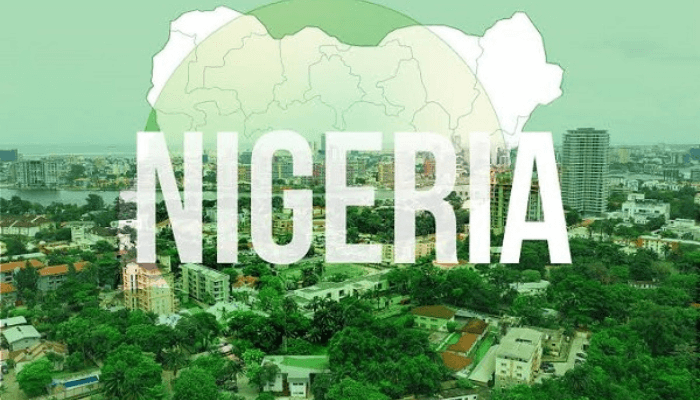There’s no doubt activists’ role in democracy is as important as democracy itself but failure to practice according to the rules or principles undermines the essence of its importance.
Activists roles have come a long way in political history to correct mistakes, promote good practice, support good policy and adapt to the tradition of democracy.
In a democracy, activists are to play by principles and not by emotions, by actions and not by noise. Over the years, they have adopted different names like; advocates, pro-democracy, human rights, social critics or crusaders, defender of masses and voices of the voiceless.
Those appendages are being used to take on authorities on various issues of public interest, policies and misbehaviour in public domains in order to remain relevant in society.
- Tinubu breaches law on Olukoyede’s appointment as EFCC chair – Experts
- NIGERRIA DAILY: How The Sudden Rise Of Wokeness Is Affecting Nigerians
Though, democracy cannot function properly without the existence of activists and opposition groups, and the concept of the rule of law which guarantees freedom of expression.
However, question may be asked as to whose interests are they promoting or what is their motivation? Is it personal or public interest?
Whatever maybe the interests or motivation, what’s expected from them is to practically toe the lines of honesty, accountability, principles and discipline.
The motivation should be to promote human rights, good governance, conducive political atmosphere and social justice. In the context of those tenets lie the inalienable right to speak and be heard.
But it is worrisome in recent times and along the electioneering process, that those expected to be decision influencers became decision pollutants.
They, along the line, have lost a sense of commitment as true defenders of social justice while the political elite failed to adhere to the democratic process of accountability.
Thus, there are good activists and bad activists as there are corrupt politicians and honest politicians. The good ones promote good conscience and the bad ones promote sentiment.
However, if other things are considered, hope is not yet lost as there are remarkable achievements recorded by some notable past social critics or human rights activists.
Let us not forget in a hurry that the success stories of those activists were deeply rooted in decades of struggle amidst threat, intimidation, arrests and forced exile.
But it’s unfortunate today many are more political prostitutes than activists.
They have abandoned their expected roles for sentimentality and sensationalism. Some operate under registered platforms, some under unregistered platforms, while some were often being contracted for political jobs to underscore some political interests and many of these are on social media being called “social media influencers”.
Many of them are not social media influencers but noise makers, relevance chasers and political sycophants.
James Samuel, a public commentator, sent this piece from Abuja

 Join Daily Trust WhatsApp Community For Quick Access To News and Happenings Around You.
Join Daily Trust WhatsApp Community For Quick Access To News and Happenings Around You.



